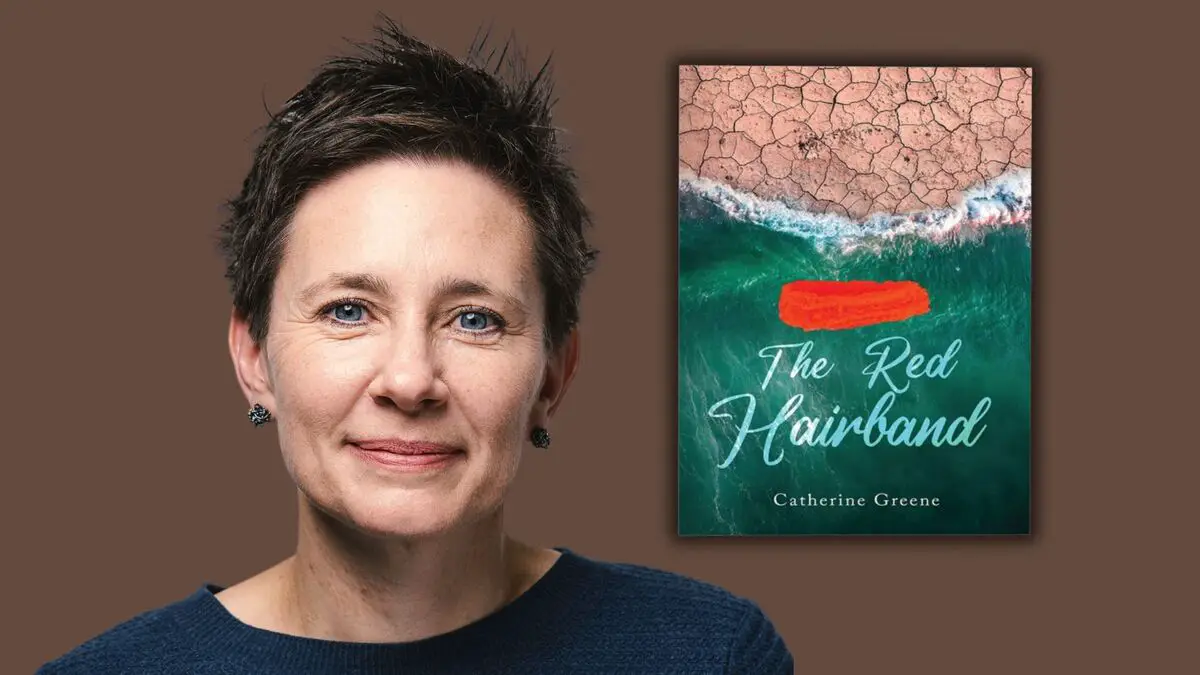Catherine Greene is a Research Associate at the Centre for Philosophy of Natural and Social Science at the London School of Economics. Her research interests are the philosophy of finance and social science.
In this interview, we discuss her latest book, “The Red Hairband.”
If you like reading about philosophy, here’s a free, weekly newsletter with articles just like this one: Send it to me!

If you like reading about philosophy, here’s a free, weekly newsletter with articles just like this one: Send it to me!
DP:
Welcome! Today we have Catherine Greene, author of The Red Hairband, a fascinating post-apocalyptic science fiction novel, filled with philosophical topics, from time travel and the vision of an ideal society to the value of technology and the future of mankind.
Welcome, Catherine Greene! Let’s first talk a little bit about your background. You are a philosopher, right?
Yes, I studied philosophy at university back in the mid-1990s and then had a career in finance, and then I went back to university to do a PhD in philosophy in 2009.
And so I sort of am a philosopher. I did a bit of teaching and I am still associated with the London School of Economics. We were getting some funding to look at some maths and philosophy of finance issues. But I also have a job in a non-profit. So I’m a little bit of a philosopher, I guess you’d say, but it’s not my full bill-paying job.
Something I’m always interested in, is this question: How do you get to become a philosopher? You know, what is this moment when somebody decides, I want to be a philosopher?
For me, it was something rather pragmatic. I originally signed up to study history at the university, and I did better at the end of my first year in my philosophy exams than in my history exams. And also the philosophy department at LSC allowed you to take more outside options. Instead, I would just have to do history if I’d stayed in the history department.
So that’s really why I made the transition. And I do like that philosophy is so applicable to different fields of study. So you can be a philosopher of lots of different things and I think that appeals to me. It’s sort of the way I see it. It’s a way of thinking, a way of reasoning and studying how you argue, and how you look at other people’s arguments. In a sense, it is domain-independent, and that sort of appeals to me.
And how does philosophy relate to your literary writing? Do you think that philosophy has something to do with your decision to write? There are all these philosophical in your book – do you think that being a philosopher informed your treatment of these questions? Would you have written this book if you had not been a …
Read the full article which is published on Daily Philosophy (external link)








